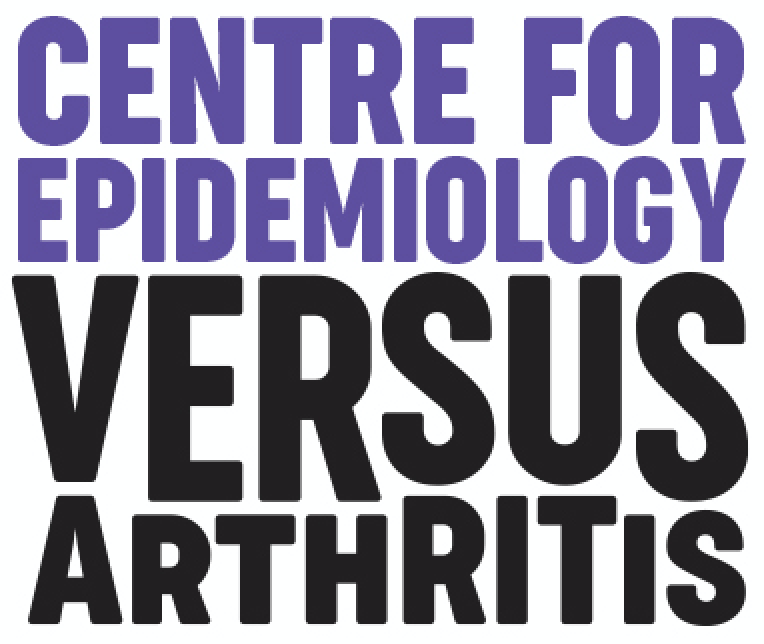Blog
Rebecca Barnard
2016-12-22 11:26
Living with M.E.? You are not alone

For many people, winter means the approach of Christmas, the chance to catch up with friends and family, and celebrate the end of another year. But for some people with chronic, neurological condition M.E., winter means an increase in pain and isolation. Those that are most severely affected spend the entire Christmas and New Year period alone in a darkened room, too unwell to join in the celebrations.
If this sounds familiar, you are not alone.
M.E. (Myalgic Encephalomyelitis) affects around 250,000 people in the UK, and 17 million people worldwide. It's a fluctuating condition and symptoms include severe, persistent fatigue associated with post-exertional malaise, the body's inability to recover after expending even small amounts of energy, leading to a flare-up in other symptoms such as muscle pain, light sensitivity and unrefreshing sleep.
Not everyone will experience the exact same symptoms, so it's important not to compare someone who has M.E. with others who have the illness. Some make good progress and may recover, while others can remain ill for a number of years and may not get better. Some people find that they don't go back completely to the way they felt before they became ill, but they do improve sufficiently to lead happy and fulfilling lives.
Even in its so-called mildest form, M.E. can have a significant impact on an individual's life, and not just on their health. A lack of understanding and awareness about M.E. means patients can experience disbelief, and even discrimination, from friends, family, health and social care professionals and employers.
Over the past 30 years, Action for M.E. has worked to improve the lives of people with M.E., taking action to reduce the isolation experienced by many and working to create change. Despite our best efforts, people with M.E. still face ignorance, injustice and neglect.
Our new five-year strategy seeks to tackle this with even more ambition, investment and creativity. We are leading, with others, a growing community of supporters working to create real change on the scale so urgently needed at a local, national and international level. There is much to do and we cannot do it alone. We will seek to work with others where possible to avoid unnecessary duplication and to create a stronger voice for the 250,000 people in the UK with M.E., and the many more children and families directly affected by it now and in the future.
Our services and support
We offer a range of booklets and factsheets covering most aspects of living with M.E., employment and education, caring for somebody with M.E. and welfare benefits. We offer a confidential Welfare Advice and Support Service, and you can use our services directory to search for your local M.E. support group or your nearest specialist M.E. clinic.
So, if you need information about M.E., including advice for the newly diagnosed, and details about symptoms, diagnosis, treatment and management, setbacks and relapses, caring for someone with M.E., telling family and friends, and how to manage the illness while in education or employment, please visit our Online M.E. Centre at www.actionforme.org.uk or call one of our Information and Support Officers on 0117 927 9551.






